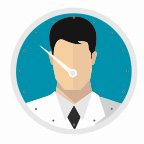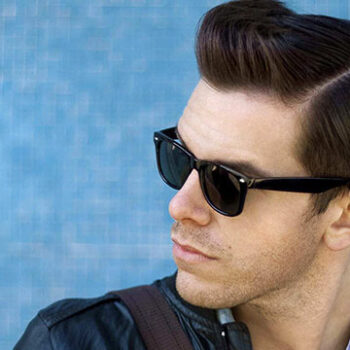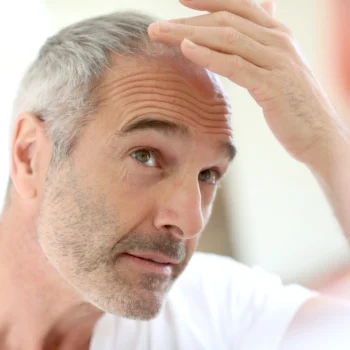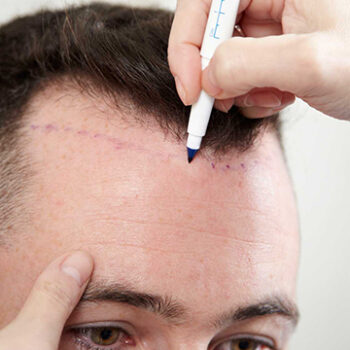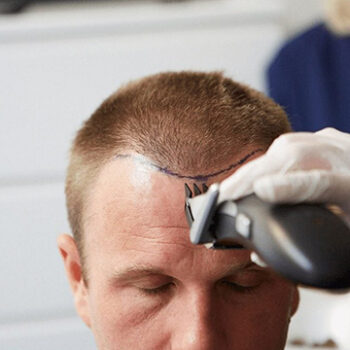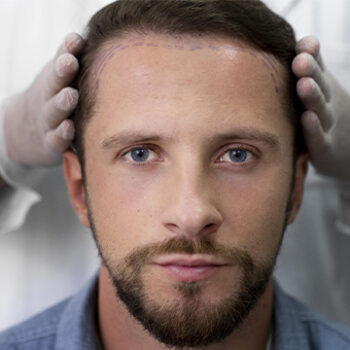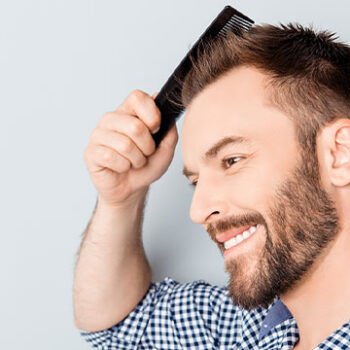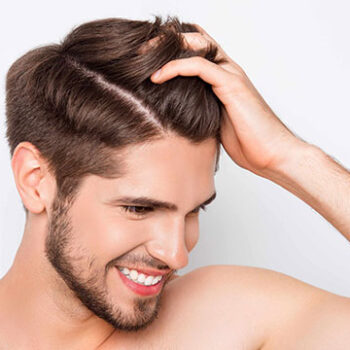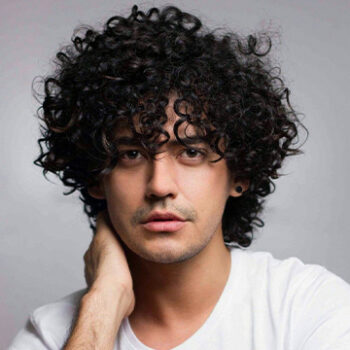Hair Transplant Most Frequently Asked Questions & Answers
1. Can I Swim in the Sea After a Hair Transplant?
It is not recommended to swim in the sea for at least 3 to 4 weeks after a hair transplant. Saltwater can increase the risk of infection and irritation, and it may disrupt the healing process by affecting the transplanted hair follicles. You should wait until your scalp has fully healed, and it’s best to consult your surgeon before swimming in the sea.
2. Can I Sunbathe After a Hair Transplant?
No, direct sun exposure should be avoided for at least 3 to 4 weeks after your hair transplant. UV rays can damage the sensitive skin on your scalp, leading to irritation or even burning of the transplanted area. If you must be outdoors, wear a loose hat or protective cap to shield your scalp from the sun. Always follow your surgeon’s advice for sun exposure after your surgery.
3. Can I Take a Shower After a Hair Transplant?
Yes, you can take a shower after the first 48 hours following your hair transplant. However, it is essential to avoid directly spraying water on the transplanted area for the first week. Instead, gently wash your hair by letting the water run over your scalp or using a soft, gentle showerhead. Make sure to follow the specific aftercare instructions provided by your surgeon to avoid damaging the newly transplanted hair follicles.
4. When Can I Return to Work After a Hair Transplant?
You can typically return to work in 3 to 7 days, depending on the nature of your job and how your recovery progresses. If your work involves physical activity or heavy lifting, you should wait at least 10 to 14 days before resuming. It’s important to avoid activities that may cause sweating, strain, or head impact in the early stages of recovery. For desk jobs or jobs that don’t involve physical effort, you can often return sooner.
5. How Should I Sleep After a Hair Transplant?
After a hair transplant, it is essential to sleep with your head elevated for the first few nights to reduce swelling and to promote healing. Use extra pillows or a wedge pillow to keep your head elevated at a 45-degree angle. Avoid lying flat on your back, and try to prevent any direct pressure on the transplanted area. This will help avoid dislodging the grafts and ensure proper healing.
6. Can I Wear a Hat After a Hair Transplant?
It is generally recommended that you avoid wearing a hat during the first 7 to 10 days after the procedure. The transplanted area is still delicate, and a hat may put pressure on the grafts, potentially damaging them. After this initial healing period, you may start wearing a loose-fitting hat, but it should not press against the scalp or cause irritation. Always opt for hats that don’t rub or create friction on the healing skin.
Summary:
- Sea Swimming: Wait 3-4 weeks.
- Sunbathing: Avoid direct sun exposure for 3-4 weeks.
- Showering: Shower gently after 48 hours, avoiding direct water pressure on the scalp.
- Work: Return to work in 3-7 days for light work; longer if your job is physically demanding.
- Sleeping: Sleep with your head elevated for the first few nights.
- Wearing Hats: Avoid hats for 7-10 days after surgery.
These guidelines are critical for ensuring optimal recovery and achieving the best possible results from your hair transplant. Always consult with your surgeon for personalized aftercare recommendations.
7. Can I Take Medications After a Hair Transplant?
Yes, you can take medications after a hair transplant, but it’s important to follow the specific instructions provided by your surgeon. Typically, your doctor will prescribe medications such as:
- Painkillers: To manage any discomfort you may experience.
- Antibiotics: To reduce the risk of infection.
- Anti-inflammatory drugs: To minimize swelling.
It’s essential not to take any over-the-counter medications, especially blood-thinning drugs (like aspirin), unless your doctor has approved them. Always inform your surgeon of any medications you’re currently taking, as some might interfere with the healing process.
8. When Can I Get a Haircut After a Hair Transplant?
You should avoid getting a haircut or shaving the transplanted area for at least 3 to 4 weeks after the procedure. The transplanted follicles need time to settle and establish themselves, and cutting or shaving the area too soon can disrupt the healing process. After the initial recovery period, you can resume regular haircuts, but it’s advisable to consult with your surgeon to ensure the best timing.
9. Can I Have Sexual Intercourse After a Hair Transplant?
While it’s generally safe to resume sexual activity within a few days after surgery, it’s recommended to avoid any intense physical activity, including sexual intercourse, for about 1 week. The primary reason for this recommendation is to prevent sweating, increased heart rate, or pressure on the scalp that might interfere with the healing process and blood circulation to the newly transplanted follicles. It’s always a good idea to consult your surgeon for specific advice tailored to your recovery process.
Summary:
- Medications: Follow your surgeon’s prescription. Avoid over-the-counter blood thinners.
- Haircuts: Wait at least 3-4 weeks before cutting or shaving your hair.
- Sexual Activity: Avoid for the first week, especially to prevent sweating and strain on the scalp.
These guidelines are designed to ensure a smooth and effective recovery. As always, it’s best to follow your surgeon’s specific advice tailored to your needs.

 English
English Français
Français Deutsch
Deutsch Türkçe
Türkçe 中國人
中國人
